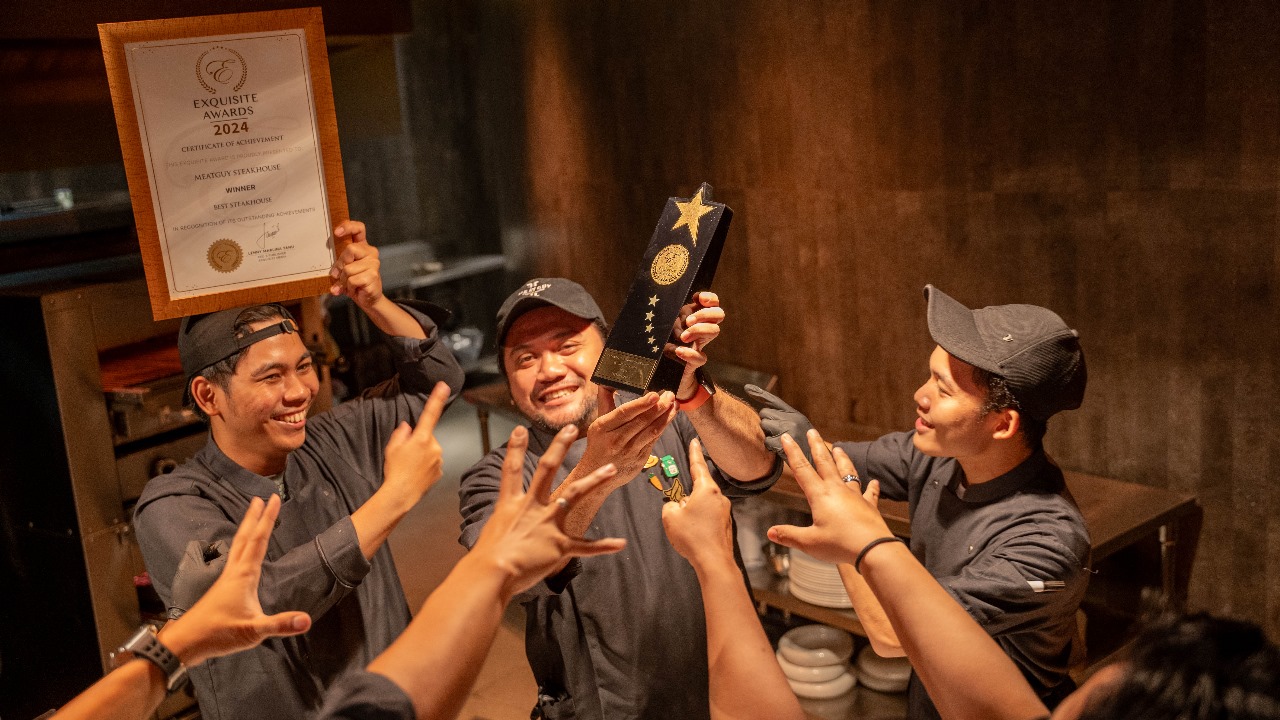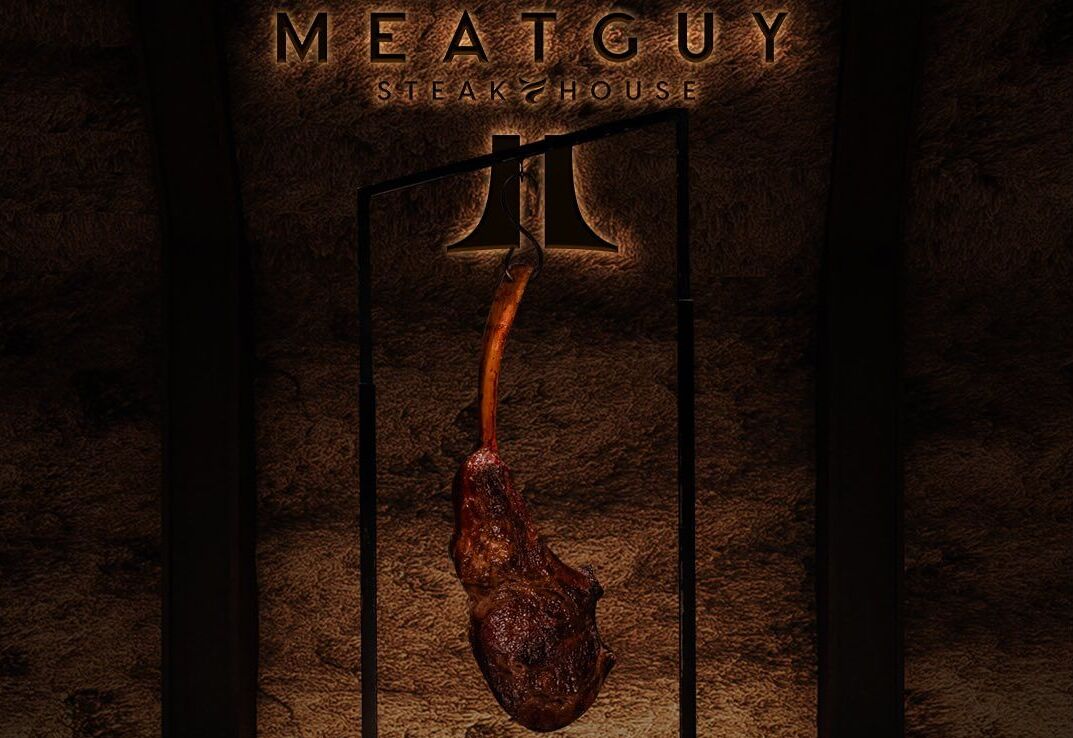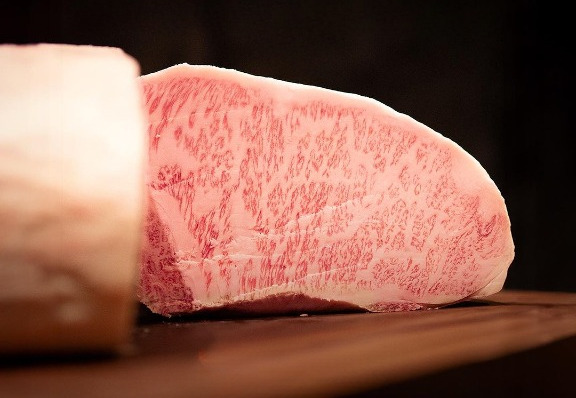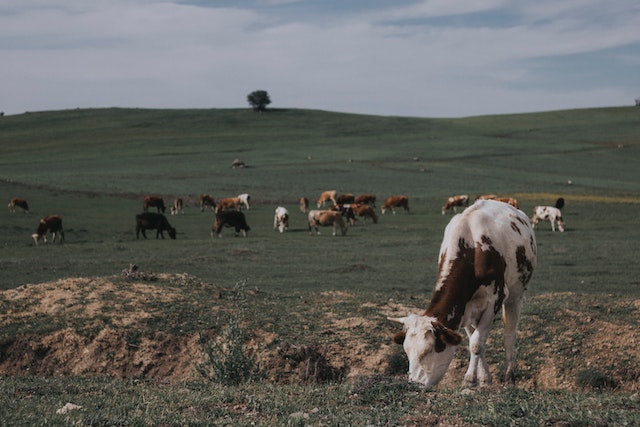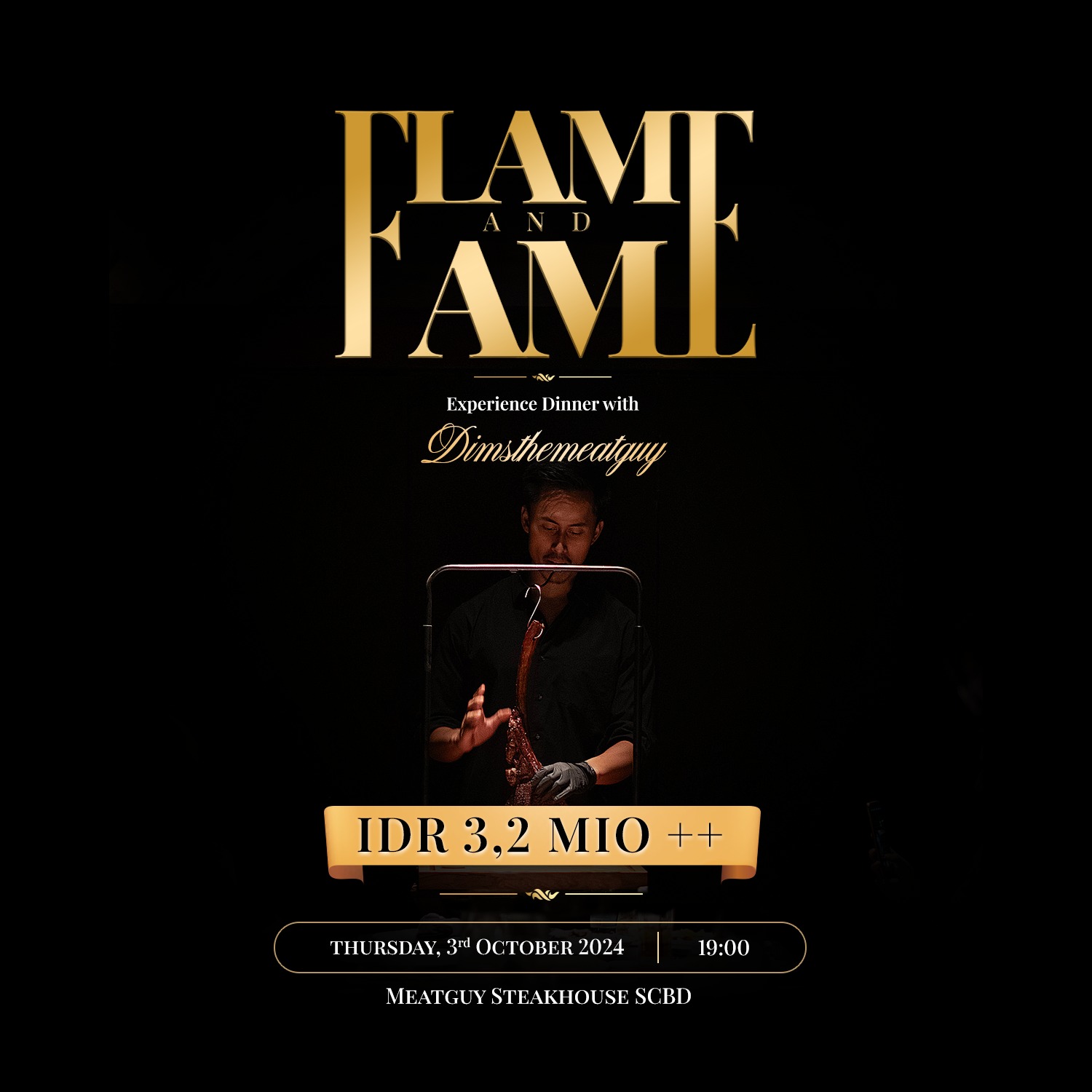International Meat Traditions: A Culinary Journey at Meatguy Steakhouse
 by
Leo Bisma
by
Leo Bisma  July 06, 2023
July 06, 2023
Delve into the fascinating world of international meat traditions with us at Meatguy Steakhouse. Join our journey, as we uncover the cultural significance and societal role of meat across the globe.
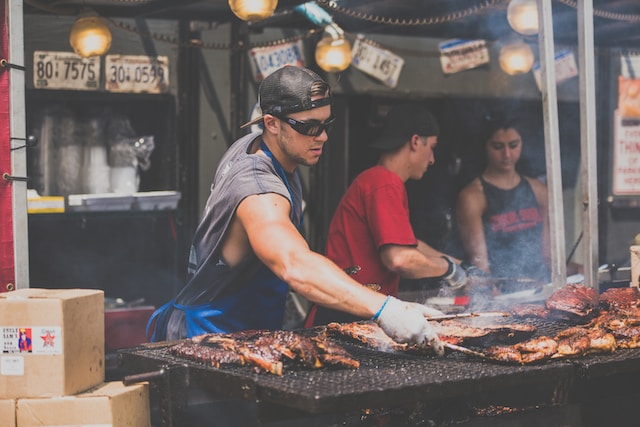
In the grand mosaic of global culinary traditions, one component stands out for its universal presence and cultural significance — meat. In this exploration, we delve into the fascinating world of international meat traditions and their importance in our societies.
Worldwide Consumption of Meat
From the succulent steaks in the West to the aromatic curries in the East, meat forms an integral part of cuisines around the world.
It's not just about the delicious flavors and nutrition it offers; meat holds deep cultural and societal meanings that go beyond the dinner table.
What is the #1 meat eaten worldwide?
In the global culinary scene, the crown for the most consumed meat goes to poultry, particularly chicken. Accounting for over 35% of global meat consumption, chicken has made its way into the diets of many cultures around the world. Here's why:
Health and Nutrition: Chicken is renowned for its high protein content, providing essential amino acids necessary for muscle growth and repair. It is also lower in saturated fat compared to other meats, making it a healthier choice for many.
Versatility: The mild flavor of chicken makes it an incredibly versatile ingredient, readily absorbing the flavors of spices and seasonings. From fried chicken in the US to butter chicken in India, to yakitori in Japan, this versatility allows it to adapt to various cuisines.
Accessibility: Chicken matures quickly, making it a more sustainable and cost-effective option than larger livestock. This affordability and availability contribute to its global popularity.
While chicken takes the top spot, beef and lamb also hold a prominent place in many cultures. At Meatguy Steakhouse, we celebrate this variety, offering an assortment of dishes that echo the global love for meat, curated meticulously by our very own Dims The Meatguy.
Remember, the consumption of meat is more than a dietary choice; it's a reflection of cultural preferences, economic factors, and even historical traditions. As we further delve into this subject, we'll discover how deeply meat is intertwined with our way of life.
What Is The Cultural Significance Of Meat?
In the tapestry of human culture, meat weaves in intricate patterns of symbolism, tradition, and cultural identity. Its significance spans beyond the plate, merging into the realms of social, religious, and ceremonial practices across different societies.
Symbol of Prosperity: In many cultures, meat, especially beef, and lamb, are associated with prosperity and wealth. This dates back to agrarian societies where livestock ownership indicated economic prosperity. Thus, serving meat at celebrations became a sign of affluence and generosity.
Religious Significance: Meat has a distinctive role in religious customs and dietary laws. In Islam, for instance, the concept of 'Halal' is paramount, dictating the permissible methods of slaughter and preparation of meat.
The festival of Eid al-Adha, or the 'Festival of Sacrifice,' highlights the religious importance of meat, where a lamb or a cow is traditionally slaughtered and shared among family, neighbors, and the less fortunate.
Read more: The Science Of Meat, Insights From Food Scientists
What Cultures Eat Mostly Meat?
A rich variety of diets exists globally, and some cultures lean heavily toward meat consumption. The reasons behind this range from historical traditions to geographical necessities. Let's delve into two striking examples:
Inuit People
Residents of the Arctic, the Inuit people traditionally have a heavily meat-based diet due to the region's harsh, icy climate where vegetation is scarce. Their diet consists of fish, seals, whales, and caribou, providing them with the necessary nutrients to survive in such extreme conditions.
Masai Tribes of Kenya and Tanzania
The Masai people, traditionally semi-nomadic, depend significantly on livestock for sustenance. Cattle, in particular, play a pivotal role, providing meat, milk, and even blood on occasion.
Read more: Essential Steak Dining Etiquette for a Premium Steakhouse Experience
Meat and Tradition
Is eating meat a tradition? Certainly, the consumption of meat is deeply woven into the fabric of many traditions worldwide. These customs often revolve around festivities, communal meals, and specific cooking methods. Here are two intriguing examples:
Argentinian Asado
In Argentina, asado is not just a barbecue; it's a social event. Friends and family gather to enjoy beef ribs, sausages, and other cuts of meat slow-cooked over an open fire, celebrating companionship as much as the meal itself.
Korean Samgyeopsal
This traditional Korean dish involves grilling pork belly at the table, creating an interactive dining experience. The essence of communal cooking and sharing can be reflected in our diverse meat dishes.
Read more: The Ultimate Guide to Choosing the Perfect Steakhouse for Your Next Night Out
The Role of Meat in Society
What is the role of meat in society? Meat plays a multifaceted role in society, influencing social structures, economic development, and public health. Its influence extends far beyond being a dietary staple:
Economic Impact
The meat industry is a significant economic driver, creating jobs and contributing to local and national economies. From farming and slaughter to packaging and distribution, each step generates employment opportunities.
Nutrition and Public Health
Meat, rich in protein, vitamins, and minerals, contributes to a balanced diet. However, it's crucial to promote responsible consumption due to the health implications associated with excessive meat intake.
The tapestry of global meat traditions is rich and diverse, a testament to our shared culinary heritage. As we've explored, meat consumption is intrinsically tied to cultural practices, societal structures, economic development, and public health. Far from being just a source of nourishment, it carries symbolic significance, underpins traditional rituals, and shapes our communal experiences around food.
We cordially invite you to visit us at Meatguy Steakhouse. Explore, indulge, and deepen your appreciation for the intricate world of international meat traditions. Witness first-hand how Dims The Meatguy brings to life the cultural and societal relevance of meat consumption in each meticulously crafted dish.
Until then, happy dining, and remember – every bite has a story. Let's discover these stories together at Meatguy Steakhouse.

